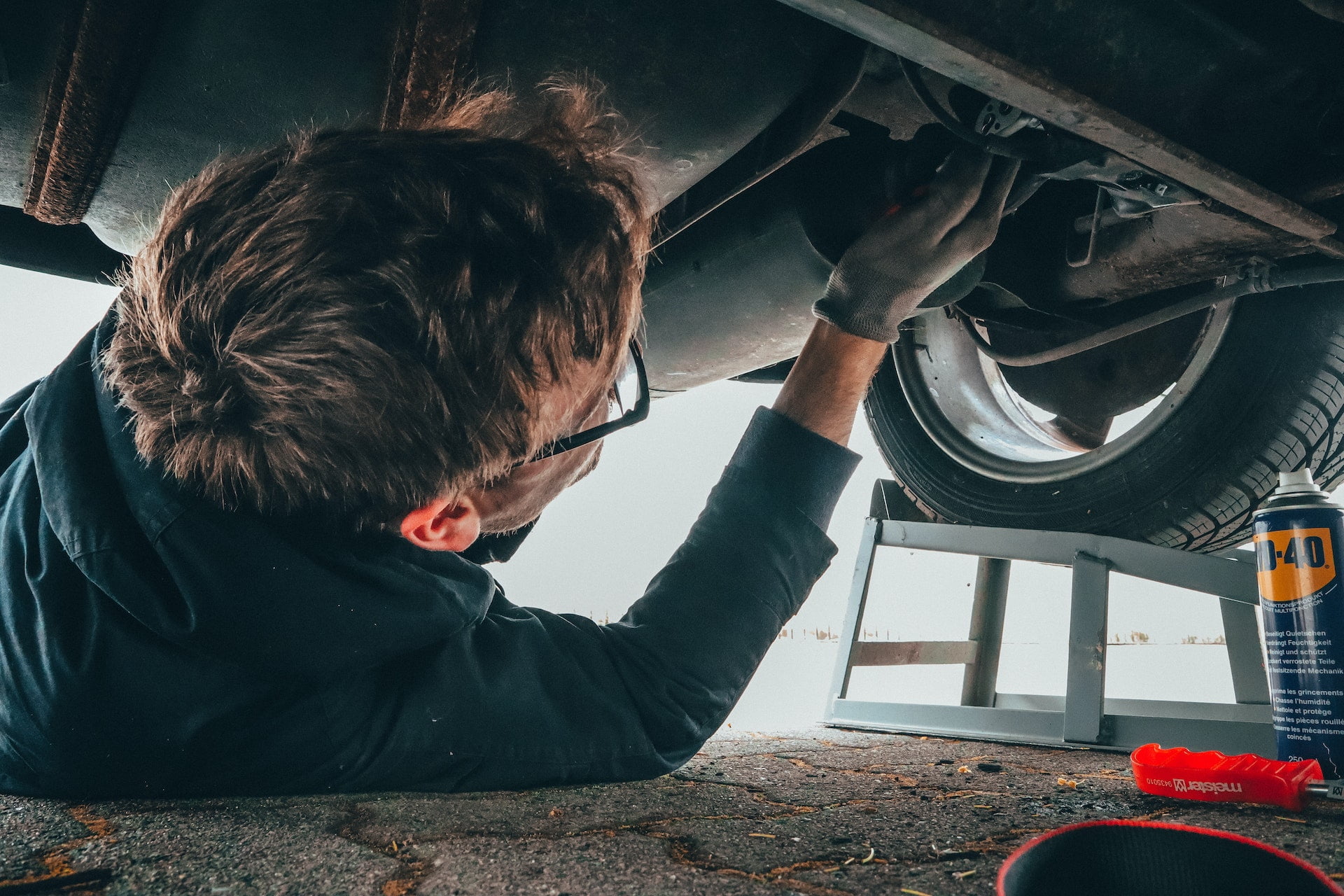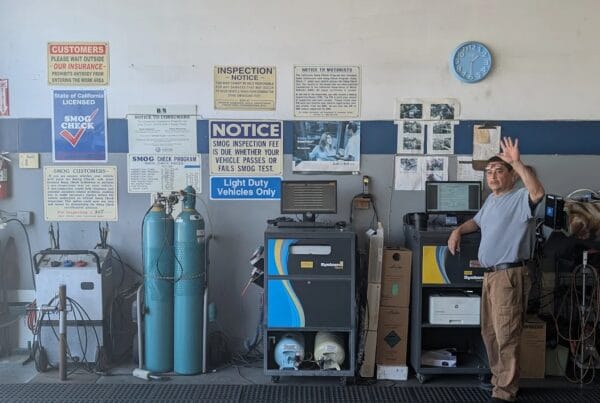Regular smog checks are essential for ensuring that your vehicle meets emissions standards and remains compliant with state regulations. While professional smog checks are necessary to obtain certification, there are several DIY maintenance tips that vehicle owners can follow to help keep their vehicles in optimal condition between inspections.
- Regularly Check and Replace the Air Filter: A clean air filter is crucial for ensuring proper airflow to the engine and optimal fuel combustion. Over time, air filters can become clogged with dirt, dust, and debris, restricting airflow and reducing engine performance. Check your vehicle’s air filter regularly and replace it as needed, typically every 12,000 to 15,000 miles or as recommended by the manufacturer.
- Monitor Tire Pressure: Proper tire inflation not only improves fuel efficiency and extends tire life but also reduces harmful emissions. Underinflated tires can cause increased rolling resistance, leading to higher fuel consumption and emissions. Use a tire pressure gauge to check your tire pressure regularly and inflate your tires to the recommended PSI listed in your vehicle’s owner’s manual or on the driver’s side door jamb.
- Perform Routine Oil Changes: Regular oil changes are essential for maintaining engine lubrication, preventing engine wear, and reducing harmful emissions. Old or dirty engine oil can lead to increased friction and heat, causing engine components to wear prematurely and emit higher levels of pollutants. Follow the manufacturer’s recommended oil change intervals and use high-quality, low-viscosity oil to keep your engine running smoothly and efficiently.
- Keep the Engine Properly Tuned: A well-tuned engine operates more efficiently and produces fewer emissions than a poorly maintained one. Perform routine engine maintenance tasks, such as replacing spark plugs, ignition coils, and fuel filters, to ensure proper combustion and minimize emissions. Addressing issues such as engine misfires and rough idling promptly can also help improve emissions performance.
- Drive Sensibly: Your driving habits can have a significant impact on your vehicle’s emissions output. Avoid aggressive driving behaviors, such as rapid acceleration and hard braking, which can increase fuel consumption and emissions. Instead, practice smooth acceleration, maintain a steady speed, and anticipate traffic flow to maximize fuel efficiency and minimize emissions.
By following these DIY maintenance tips, you can help keep your vehicle’s emissions system in top condition and improve your chances of passing the smog check. However, it’s essential to remember that professional smog checks are still necessary to ensure compliance with emissions standards and regulatory requirements. At EZ Smog Check, we’re here to help you with all your smog check needs and provide expert guidance on maintaining your vehicle’s emissions system. Schedule an appointment with us today and let us help you keep your vehicle running smoothly and efficiently.



